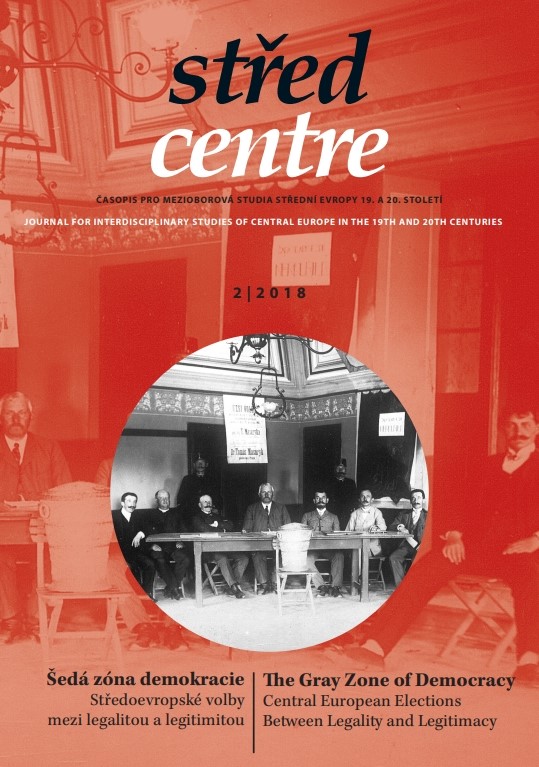Volební reforma jako pilíř nového mocenského systému:
Electoral Reform as a Pillar of a New Power System:
Case Study of Viktor Orbán’s Electoral Enginneering
Author(s): Jakub CharvátSubject(s): Government/Political systems, Electoral systems
Published by: AV ČR - Akademie věd České republiky - Masarykův ústav
Keywords: Hungary; Viktor Orbán; Országgyűlés; the politics of electoral reform; gerrymandering; malapportionment
Summary/Abstract: Until 2010, the Hungarian electoral system was one of the most stable one in post-Communist Europe and it worked quite well as it had always produced stable and efficient governments. Yet there was an electoral reform in 2011. Thus, the paper deals with an issue of electoral engineering of Orbán’s government in Hungary. It is structured as a detailed contextual analysis of the 2011 electoral reform process, but with a special focus on manipulations of both the mechanical effects of electoral systems and electoral geography. Its main argument is that the new electoral law was unilaterally imposed by the Fidesz majority to maximize the chances to ensure the strongest possible majority in the Parliament pro futuro. Consequently, the electoral reform is widely seen as one of the pillars of a comprehensive process, the result of which was concentration of power in the hands of representatives of Fidesz, as the new electoral system is politically motivated and biased in favour of Fidesz.
Journal: Střed. Časopis pro mezioborová studia Střední Evropy 19. a 20. století
- Issue Year: 10/2018
- Issue No: 2
- Page Range: 68-97
- Page Count: 30
- Language: Czech

